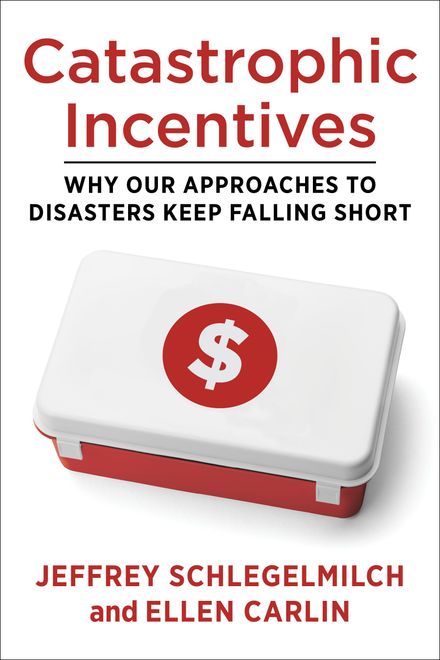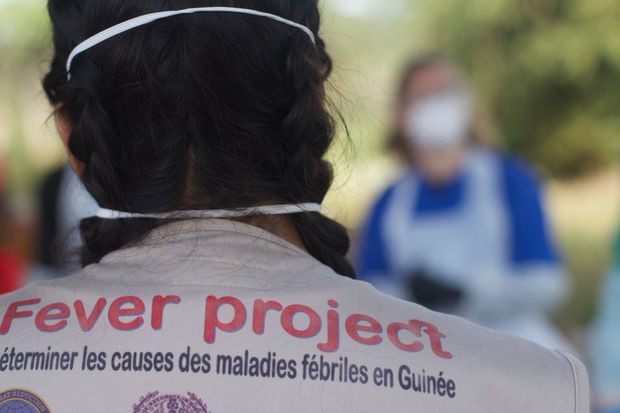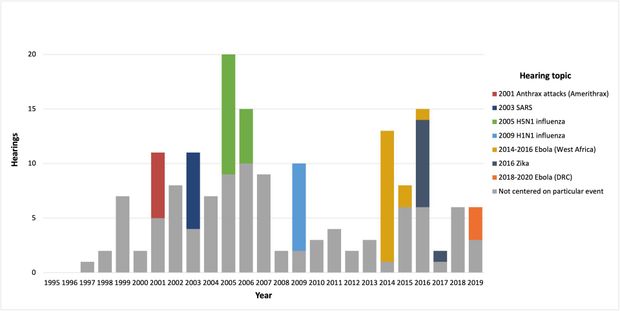Ellen has been consulting since 2011 and launched Parapet Science & Policy Consulting in 2023. She is a veterinarian and policy expert who provides subject matter expertise for clients on emerging infectious disease, zoonotic pathogens, and policy opportunities to prevent pandemics. She has worked for the U.S. government, in clinical veterinary medicine, and in field settings to advance human and animal health.
Her work explores the underpinnings of infectious disease and policy interventions to prevent and manage infectious outbreaks. She supports the implementation of research projects, publishing results, developing policy priorities, and teaching the next generation of scientists and policy professionals. She is a lecturer at the Cornell University College of Veterinary Medicine and previously held a faculty position in the Department of Microbiology and Immunology at Georgetown University. In 2013, Ellen completed a fellowship at the U.S. Food and Drug Administration Center for Veterinary Medicine. From 2007-2013, she staffed the Ranking Member and then Chairman of the House Committee on Homeland Security, where she covered medical preparedness, biodefense, and science and technology. She maintains her license to practice veterinary medicine, and has worked or volunteered as a small animal clinical veterinarian to serve her interests in animal welfare, public health, and parasitology.
Ellen’s academic work has been published in journals including Health Security, Advances in Parasitology, and Tropical Medicine and Infectious Disease, and her lay writing has been published in the Washington Post, Think Global Health, The Hill, and other platforms read by policymakers and their staff.
Ellen received a bachelor’s of science in biology from the College of Mount Saint Vincent and a doctorate in veterinary medicine from the Cornell College of Veterinary Medicine.
See below for some of Ellen's past and current projects.







